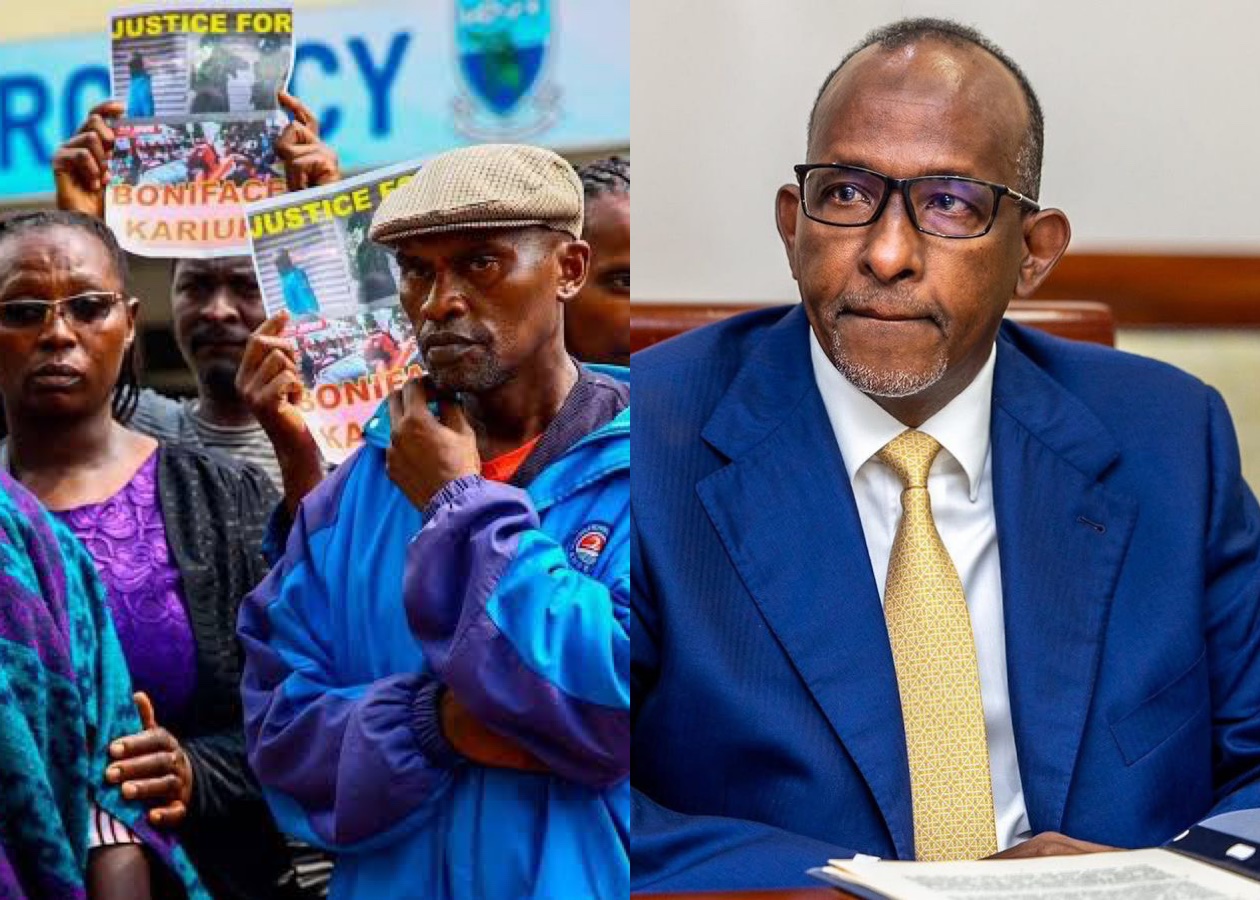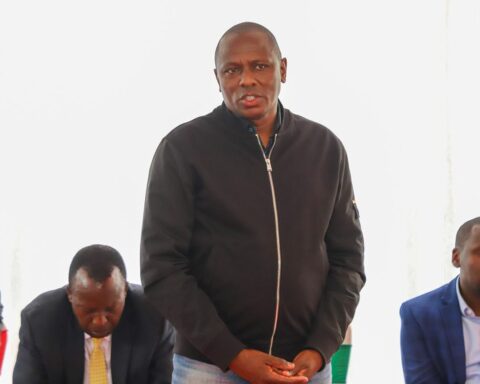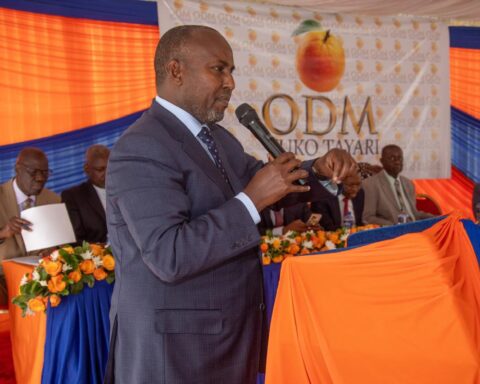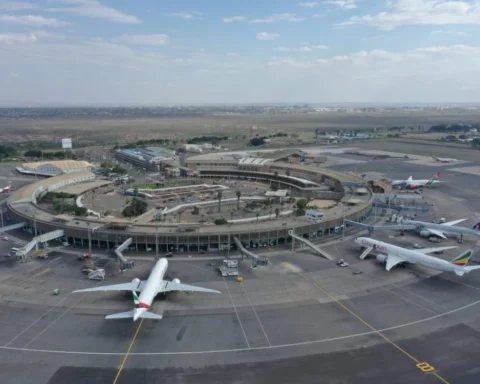In the wake of nationwide protests that gripped the country throughout late June, the government has announced a compassionate gesture, waiving medical bills for victims injured during the demonstrations.
This move comes amid growing public outrage over the death of Boniface Kariuki, a humble street vendor whose life was cut short during the chaos, symbolizing the human cost of political unrest.
Boniface, a 28-year-old mask seller known for his quiet resilience and daily hustle along Nairobi’s Moi Avenue, became a tragic icon after he was reportedly shot while fleeing from a teargas-laden street during the protests.
His image—sprawled on the pavement, lifeless, with his merchandise still beside him, has since gone viral, prompting nationwide mourning and renewed calls for justice and police accountability.
Health Cabinet Secretary Susan Nakhumicha confirmed that the government would shoulder all medical expenses for those injured, including treatment and rehabilitation, as part of what she termed a “restorative response to a regrettable situation.”
Public hospitals in Nairobi, Kisumu, Nakuru, and Eldoret, areas hardest hit by the protests, have already received directives to begin the waiver process immediately.
Civil society groups, human rights organizations, and opposition leaders have cautiously welcomed the government’s move but insist that more must be done. “Waiving bills is not enough,” said Amnesty Kenya Executive Director Irungu Houghton. “We need full investigations, accountability for the lives lost, and a commitment to peaceful policing.”
Meanwhile, Boniface Kariuki’s family prepares for a modest funeral in Nyandarua County. In a country wrestling with economic challenges, his death is a painful reminder that the poorest often bear the heaviest burden of national unrest.









